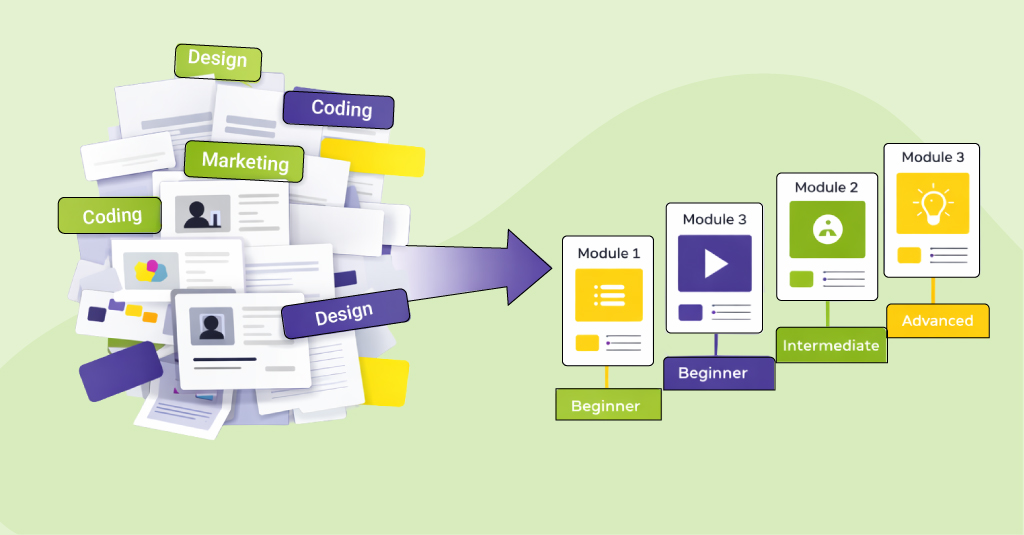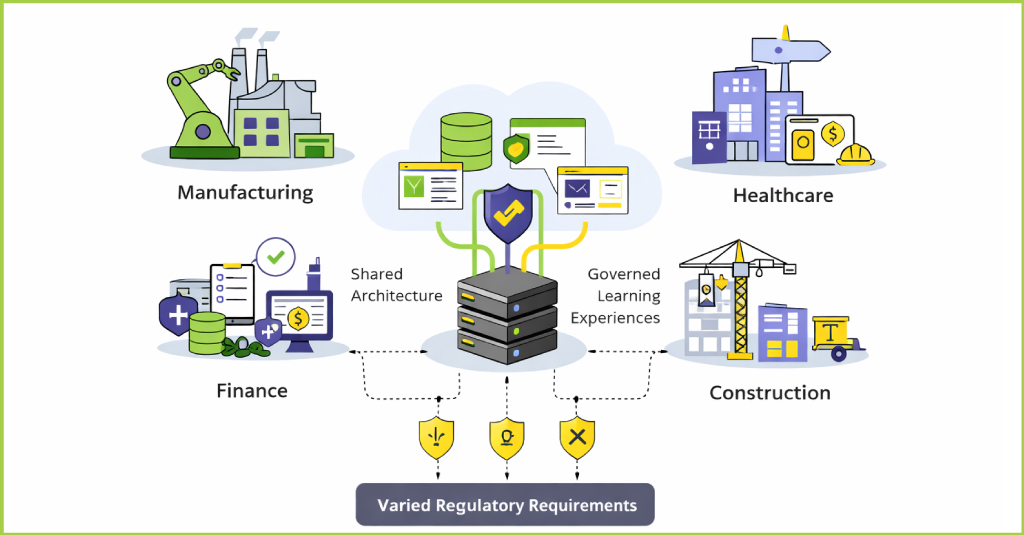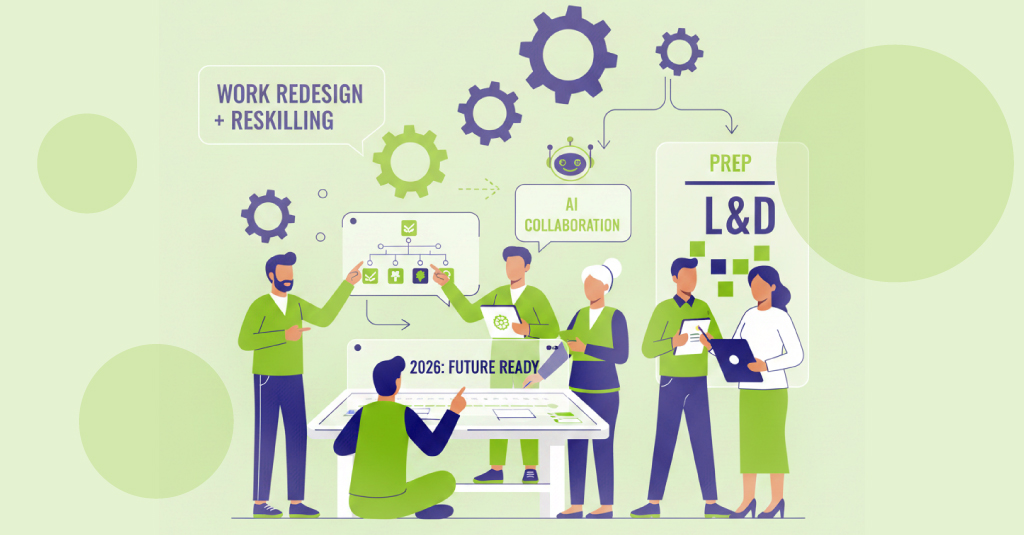In a conversation with a client, the book Don’t Make Me Think was mentioned. Though I haven’t read it, I’m aware of its topic: usability. The underlying premise also is familiar: make interfaces that use pre-existing knowledge and satisficing solutions. (NB: I used to teach interface design, having studied under one of the gurus.) However, in the context of the conversation, it made me also ponder a related topic: “don’t make me learn”. Which, of course, prompted some reflection.
There are times, I’ll posit, when we don’t want employees to be learning. There are times when learning doesn’t make sense. For instance, if the performance opportunities are infrequent, it may not make sense to try to have it in people’s heads. If there’s a resource people can use to solve the problem rather, than learning that is probably a better answer. That is, in almost any instance, if the information can be in the world, perhaps it should.
One reason for this is learning, done properly, is hard. If a solution must be ‘in the head’ – available when needed and transferring to appropriate situations – there’ll likely be a fair bit of practice required. If it’s complex, much more so. Van Merriënboer’s Four Component Instructional Design is necessarily rigorous! Thus, we shouldn’t be training unless it absolutely, positively, has to be in the head when needed (such as in life-threatening situations such as aviation and medicine).
I’m gently pushing the idea that we should avoid learning as much as possible! Make the situation solvable in some other way. When people talk about ‘workflow learning’, they say that if it takes you out of the workflow, it’s not workflow. I’ll suggest that if it doesn’t, it’s not learning. Ok, so I’m being a bit provocative, but too often we err on the side of throwing training at it, even when it’s not the best solution. Let’s aim for the reverse, finding other solutions first. Turn to job aids or community (learning can be facilitated around either, as well), but stop developing learning as a default.
So, don’t make me learn, unless I have to. Fair enough?
This blog was originally published on Learnlets.



















